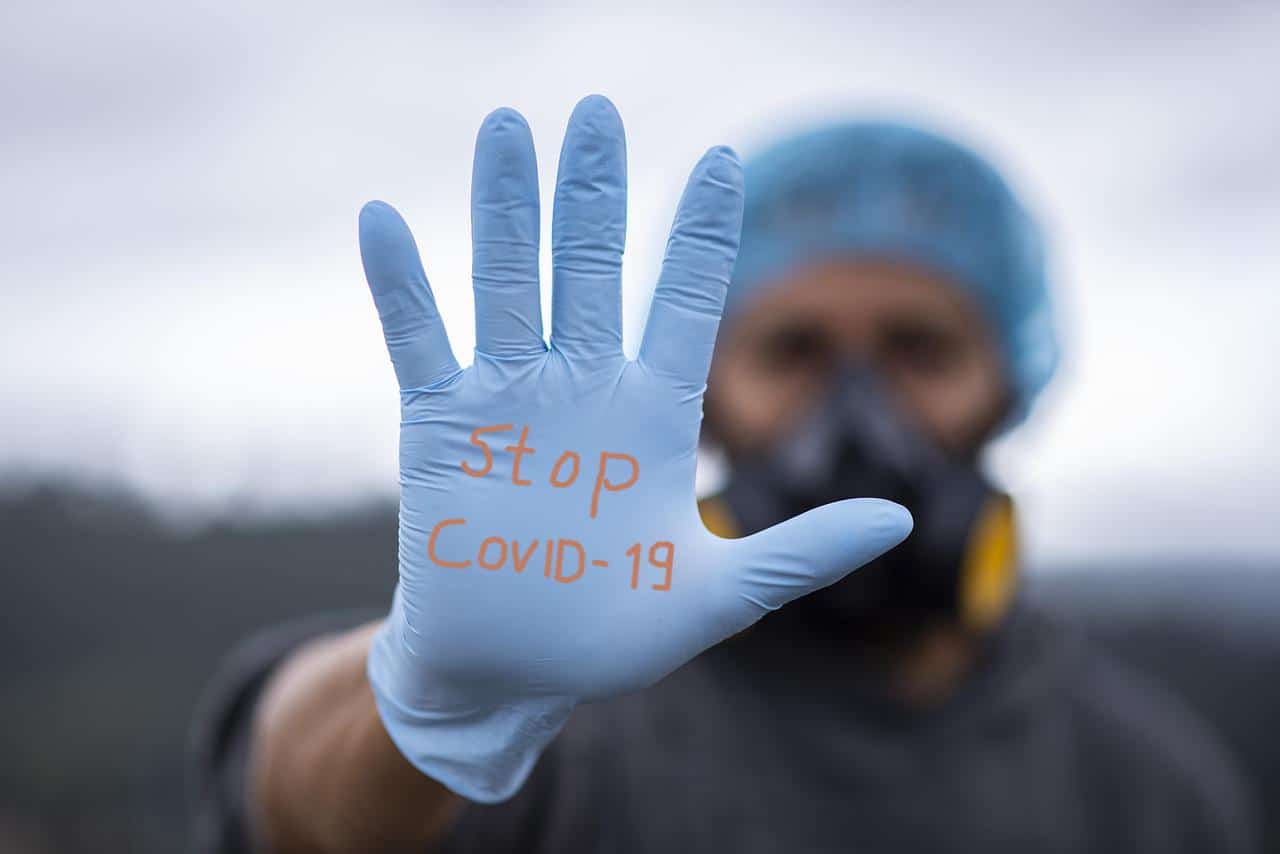Tel Aviv University Develops New Long COVID Treatment

There is a significant improvement in the psychiatric, neurological and cognitive functions of patients who are experiencing symptoms of long-term COVID-19 with exposure to hyperbaric (high-pressure oxygen) therapy (HBOT).
Tel Aviv University (TAU) carried out a groundbreaking study on the matter. An MRI (magnetic resonance imaging) of the patients’ brain had been conducted along with the treatment. The purpose was to identify the damage conducted by the coronavirus and the clinical findings to show the before and after images of the HBOT treatment.
Goal of the study
The study at Tel Aviv University was the first of its kind to be conducted globally and developed a promising treatment for addressing the symptoms of long-term COVID-19 based on advanced HBOT. Almost one-third of the patients who are infected by the virus are affected by long COVID. It means that even weeks and months after recovery, patients suffer from debilitating cognitive symptoms, such as forgetfulness, brain fog, difficult recalling thoughts or words and not being able to concentrate.
These symptoms can continue from anywhere between three months and two years. There has not been any effective therapy introduced until now, so millions of people are suffering around the world with absolutely no relief. According to the researchers, this study is the first controlled and randomized trial that demonstrates a real treatment for long COVID. They said that those exposed to intensive protocol had seen significant improvement in their symptoms.
People behind the study
Published in the Scientific Reports journal, the study was conducted by the Tel Aviv University, along with the Shamir Medical Center. A faculty member of Tel Aviv University’s Sackler School of Medicine and head of the Sagol Center, Prof. Shai Efrati and Sagol Center for Hypberbaric Medicine’s Dr. Shani Itskovich Zilberman led the study.
Some of the others who contributed to the study included Shamir Medical Center’s lead data scientist, Dr. Merav Catalogna and Sagol Center’s Dr. Amir Hadanny.
Long COVID
Efrati explained that the COVID-19 virus penetrates the brain of some of the patients via the cribriform plate and results in chronic brain injury because it is the part of the skull directly above the nose. The brain injury occurs in the frontal lobe and in regions that are responsible for pain interpretation, mental status and cognitive function.
Therefore, patients who are affected have to deal with cognitive decline in the long-term, such as mental fatigue, loss of concentration and brain fog. As the frontal lobe gets damaged, a lot of patients also suffer from anxiety, depression and mood disturbance. The World Health Organization (WHO) has corroborated these symptoms that have been identified in patients all over the world.
The definition of long COVID had been published back in October 2021. The effects of this disease can affect the quality of life of the sufferer and there has not been an effective treatment developed for it as yet. HBOT was used in this new study that has already turned out to be effective in treatment of other types of brain injury include trauma, stroke and age-related cognitive decline.



